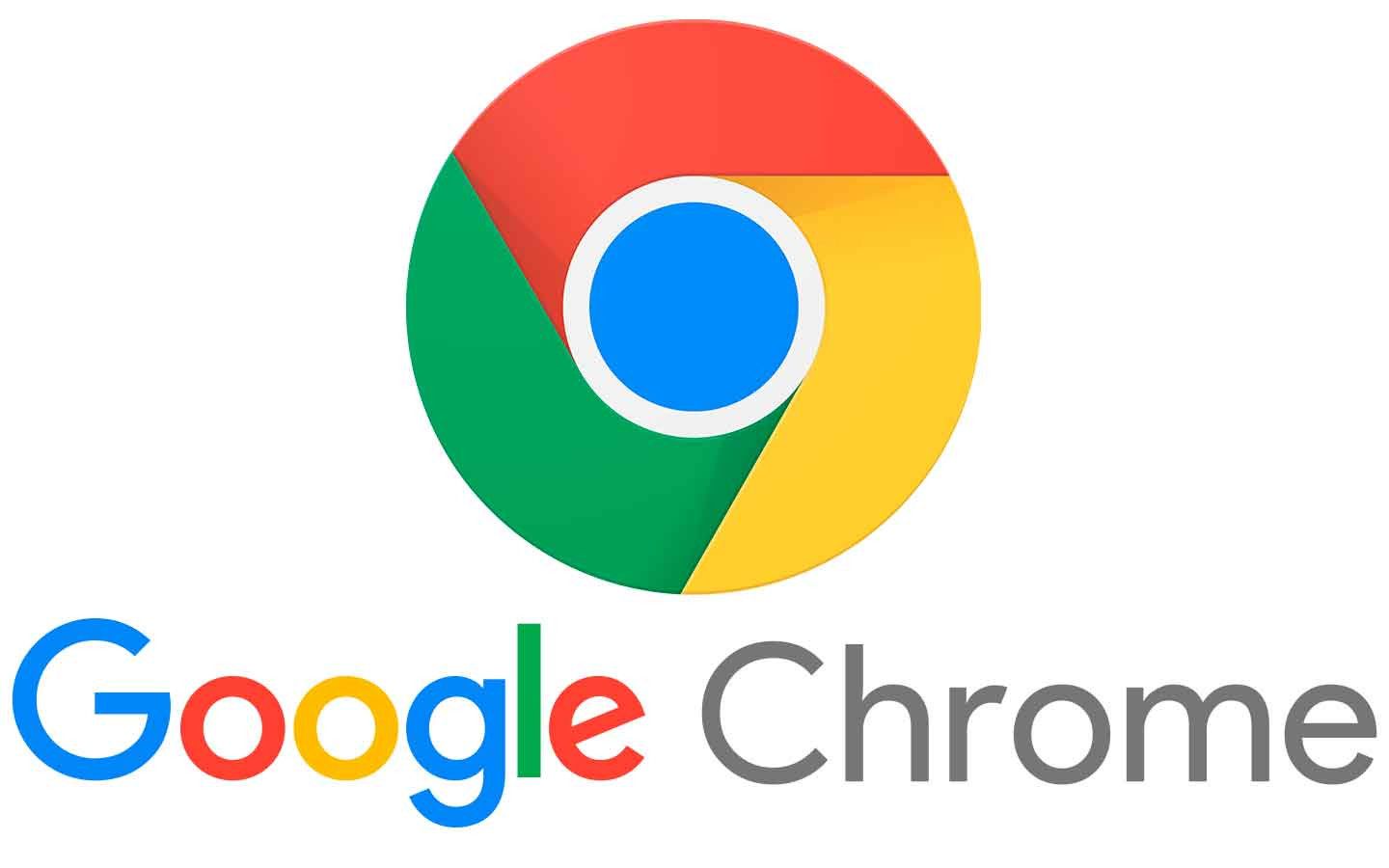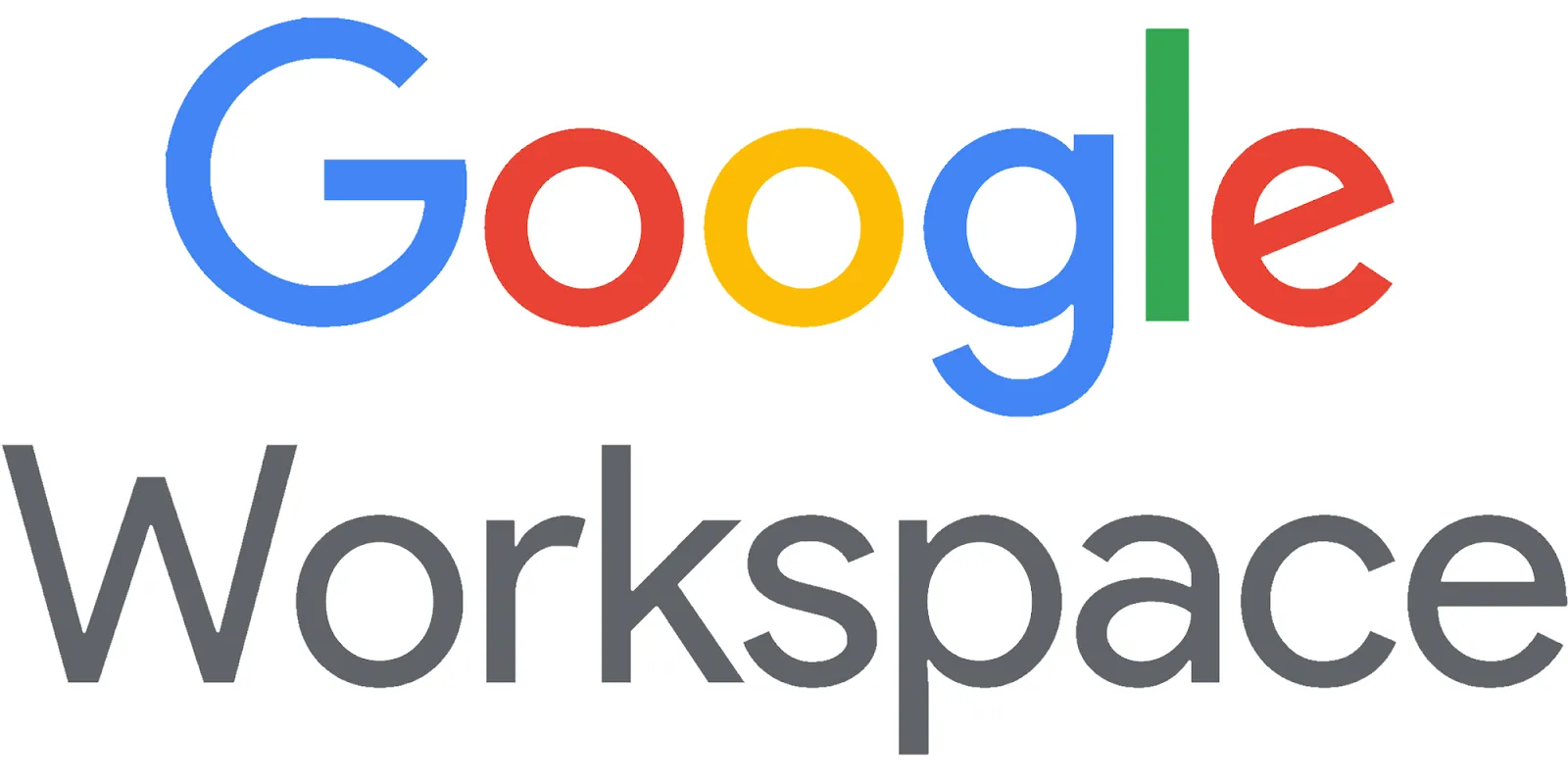Top 10 Google Alternatives: Discover Better Search Engines

Top 10 Google Alternatives: Discover Better Search Engines

Introduction
Google is undeniably the dominant force in the search engine market, but it's not the only option. Whether you're seeking more privacy, less ad-targeting, or simply exploring new tools, many alternatives provide unique features. Here’s a rundown of the top 10 alternatives to Google that can offer a different search experience.
1. Bing
Bing, owned by Microsoft, is one of Google's biggest competitors. It offers a visually appealing interface with background images, and its rewards program lets users earn points for searching.
- Pros: Rewards program, integration with Microsoft services.
- Cons: Not as comprehensive as Google in some search results.
2. DuckDuckGo
DuckDuckGo focuses on privacy, promising not to track user activities or store personal information. It’s a great choice for those who prioritize online privacy.
- Pros: Excellent privacy features, no tracking.
- Cons: Less personalized results.
3. Yahoo!
Yahoo! is one of the oldest search engines still in use today, offering news, finance, sports, and a customizable homepage in addition to search.
- Pros: Comprehensive services beyond search.
- Cons: Slower interface compared to others.
4. Startpage
Startpage offers the power of Google search without the tracking. It anonymizes user data, making it ideal for those concerned about privacy but wanting Google-quality results.
- Pros: Google-powered results, enhanced privacy.
- Cons: Fewer customization options.
5. Qwant
Qwant is a privacy-focused search engine based in Europe. It doesn't collect user data or track searches, making it a safe option for those who value privacy.
- Pros: Privacy-respecting, fast and clean interface.
- Cons: Limited search depth compared to Google.
6. Ecosia
Ecosia is a unique search engine that uses ad revenue to plant trees around the world. It’s an eco-friendly alternative for those looking to contribute to environmental causes.
- Pros: Supports reforestation, privacy-respecting.
- Cons: Not as comprehensive as Google.
7. Yandex
Yandex is Russia’s most popular search engine and offers a variety of services similar to Google, including maps, email, and cloud storage.
- Pros: Comprehensive features, strong in Russia and surrounding countries.
- Cons: Limited English language support.
8. Baidu
Baidu dominates the search engine market in China. It's a great option for those who need to search Chinese content, though it’s heavily tailored to that audience.
- Pros: Best for Chinese-language searches, additional services.
- Cons: Limited usefulness outside China.
9. Swisscows
Swisscows is a family-friendly search engine that doesn’t store user data. It’s based in Switzerland and focuses on privacy and delivering safe content for all ages.
- Pros: Privacy-respecting, family-safe content.
- Cons: Limited search features.
10. Searx
Searx is an open-source metasearch engine, combining results from various sources while respecting user privacy.
- Pros: Open-source, customizable, and private.
- Cons: Some features can be tricky for new users.
Conclusion
While Google remains the most popular search engine, these alternatives provide diverse features and focus on different aspects, such as privacy, rewards, or sustainability. Explore these options to find the one that best suits your preferences and needs.









Comments
Post a Comment